 By: Alyssa Doyle, ECS Membership Intern
By: Alyssa Doyle, ECS Membership Intern
As a student registrant, you have several unique opportunities to get involved in the 232nd ECS Meeting in National Harbor, MD.
Student Mixer (sponsored by BMW)
As an upcoming leader in the electrochemistry and solid state science professions, students are encouraged to attend the mixer to network with their future colleagues. Light refreshments and food will be available.
The event is being held on Monday from 1900-2100h. Student member tickets are $5 and student nonmember tickets $15.
Career Expo
A pilot-program for the society biannual meeting, the event creates the opportunity for employers/recruiters to meet and interview job-seekers, volunteers, and post-doctoral candidates in electrochemistry and solid state science.
The event will be located in the Exhibit Hall during the technical exhibit hours. Free to all meeting registrants.
Author Information Session
Join Robert Savinell, Dennis Hess, and Jeff Fergus for insight into opportunities available for publishing with ECS, understanding the journals continuous publication model and types of articles published by ECS, how to publish open access and how ECS’s Free the Science initiative supports open access for authors, where content is accessible after publication, and more.
The event will be located in Maryland 4 on Tuesday from 1600h-1700h. Open to all meeting attendees.
(more…)
 Students around the world are excited to belong to The Electrochemistry Society (ECS)’s global community. The ECS student chapter program continues to add new chapters. At the recent 236th ECS Meeting, the Individual Membership Committee and Board of Directors approved the chartering of six more student chapters. They are Clarkson University (US), University of Pennsylvania (US), University of Waterloo (Canada), Yokohama National University (Japan), Swiss Student Chapter (Switzerland), and Czechoslovak Student Chapter (Czech and Slovak Republics).
Students around the world are excited to belong to The Electrochemistry Society (ECS)’s global community. The ECS student chapter program continues to add new chapters. At the recent 236th ECS Meeting, the Individual Membership Committee and Board of Directors approved the chartering of six more student chapters. They are Clarkson University (US), University of Pennsylvania (US), University of Waterloo (Canada), Yokohama National University (Japan), Swiss Student Chapter (Switzerland), and Czechoslovak Student Chapter (Czech and Slovak Republics).

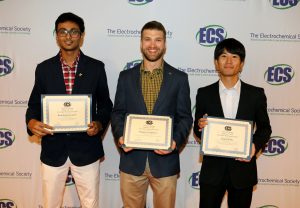
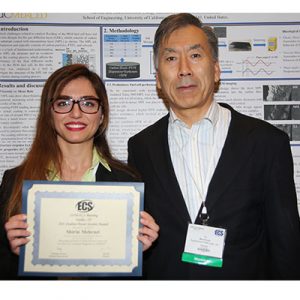
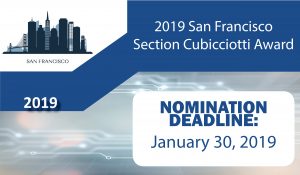
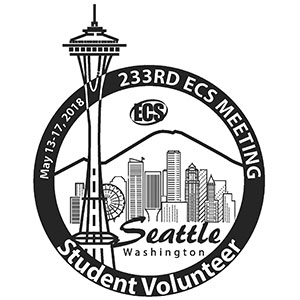
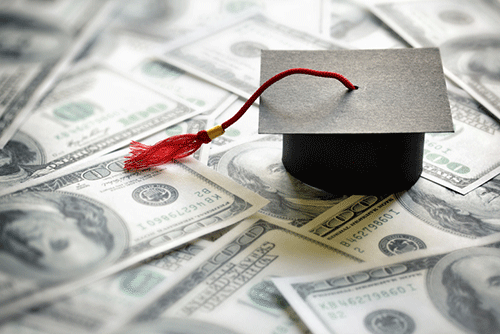 Graduate students in the U.S. are fighting the House Republican proposed tax plan, demonstrating protests and walk-outs in
Graduate students in the U.S. are fighting the House Republican proposed tax plan, demonstrating protests and walk-outs in 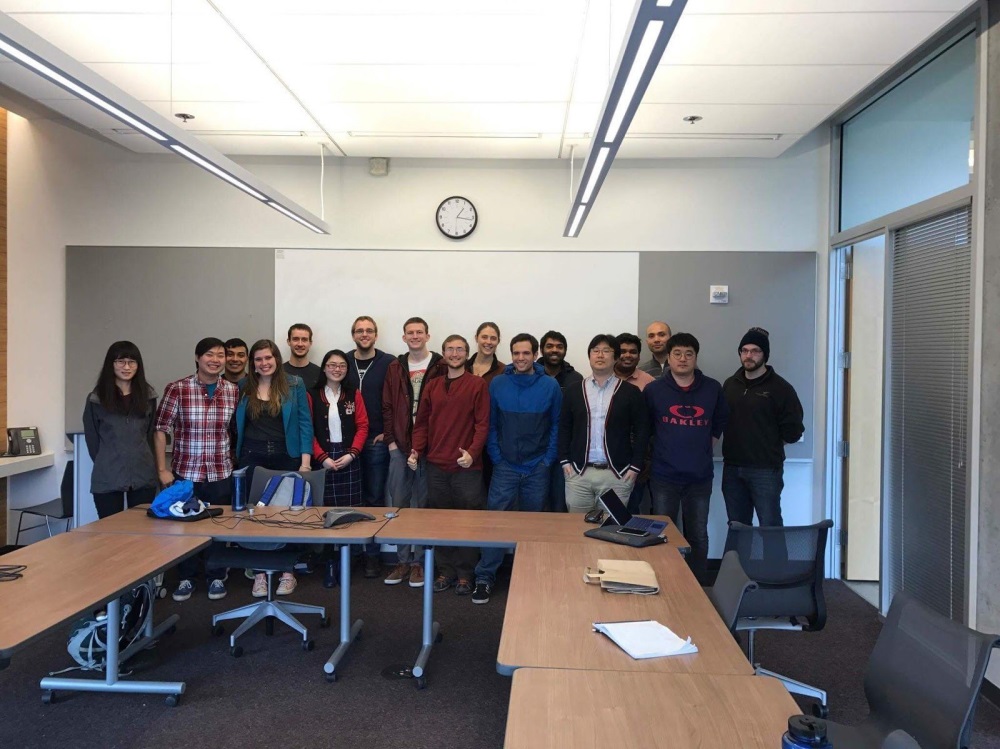
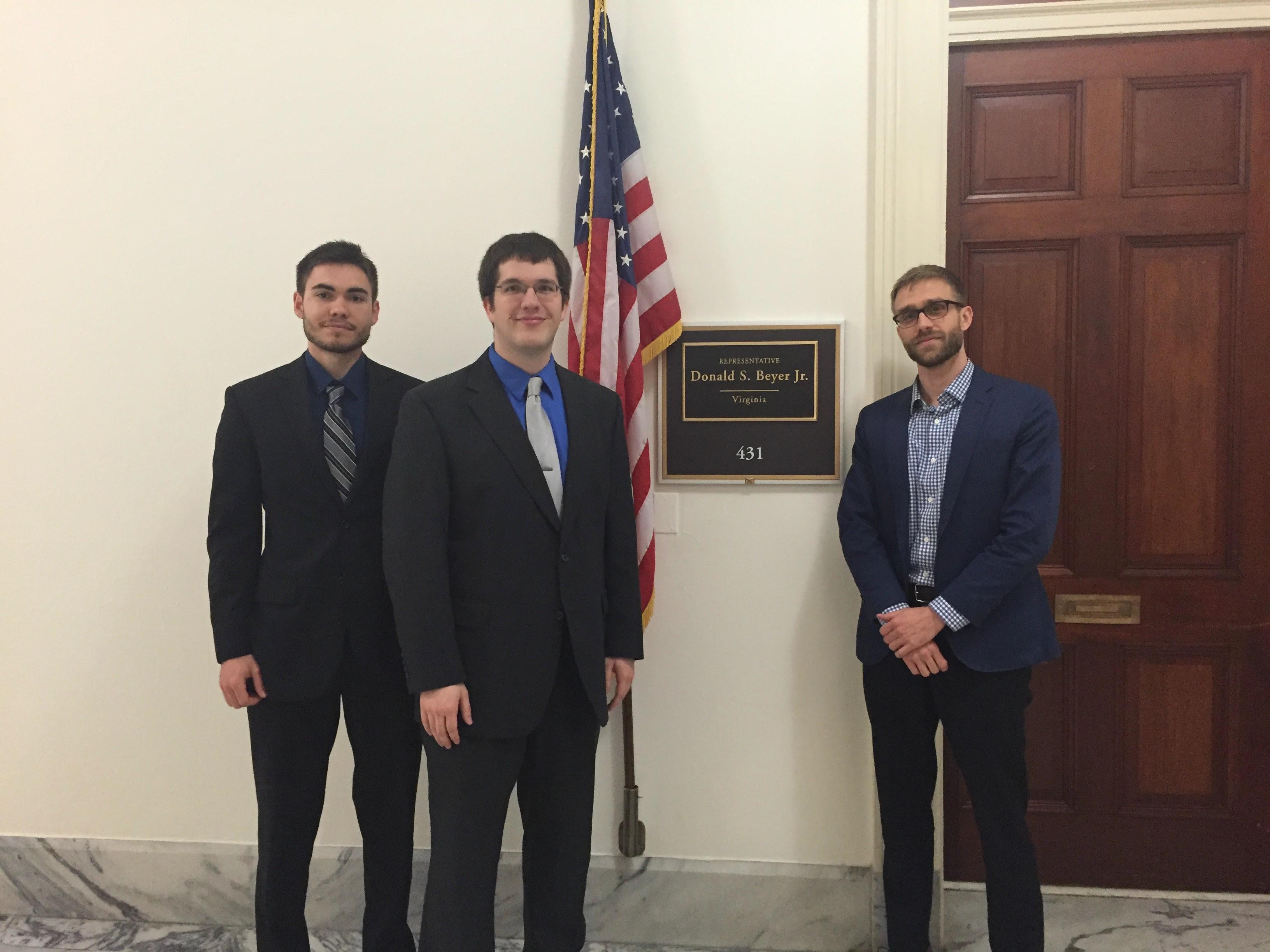
 By: Alyssa Doyle, ECS Membership Intern
By: Alyssa Doyle, ECS Membership Intern